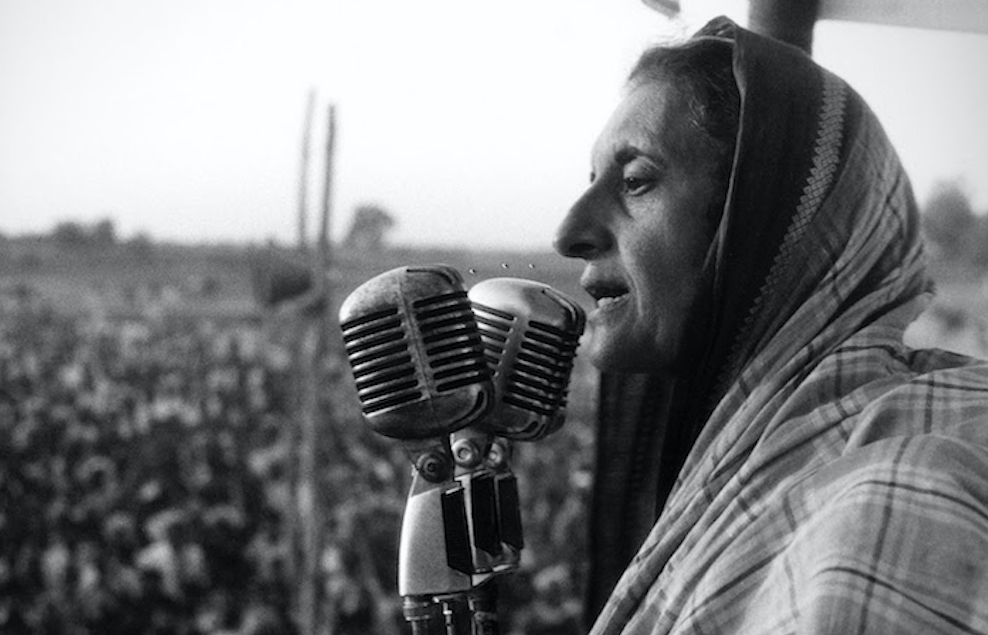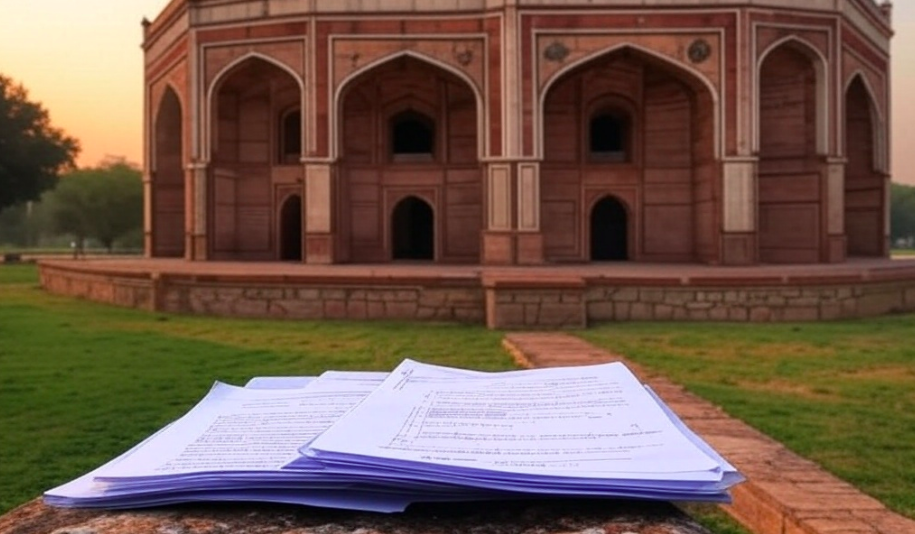[Contemporary anti-Muslim politics in India finds its roots in the majoritarian communal politics of the Gandhi family, drawing inspiration from the RSS during the 1980s. In this thought-provoking and well-researched article, Qurban Ali, a senior journalist based in India, delves into the relationship between former Prime Minister Indira Gandhi, her son Rajiv, and the Rashtriya Swayam Sewak Sangh (RSS). The article assesses how their majoritarian communal politics influenced India’s political landscape and shaped its aftermath.
A pivotal discovery in this article is Qurban Ali’s assertion that Indira Gandhi’s political maneuvers in the early eighties paved the way for the Ramjanmabhoomi temple movement in Ayodhya, ultimately leading to the opening of Babri Masjid’s locks in 1986 and its subsequent demolition in 1992. These findings are invaluable for understanding the context of contemporary majoritarian politics in India. You can read the highlights of the article here.]
Following Indira Gandhi’s assassination in 1984, Jagjivan Ram, a former Congress leader, characterized the general election results as a “vote for Hindu India,” underlining the rise of majoritarian politics. This trend stemmed from Indira Gandhi’s “Hindu card” strategy, which gained momentum in 1980 when she returned to power with RSS support. In the 1984 elections, the Sangh Parivar openly backed Rajiv Gandhi, leading to the marginalization of the BJP.
The alliance between the Gandhis and the RSS solidified further when Indira established communication with RSS’s supreme leader, Madhukar Dattatreya Deoras, also known as Balasaheb Deoras. This collaboration led to the adoption of Hindu nationalist politics by both Indira and Rajiv.
Throughout the 1980s, the Sangh Parivar effectively employed the Ram Janmabhoomi movement and communal violence, often with the complicity of Congress governments, to appeal to Hindu voters. This strategic shift allowed the BJP to connect deeply with Hindu voters, causing a decline in Congress’s parliamentary majority.
Indira Gandhi’s shift from Jawaharlal Nehru’s secular ideology to a majoritarian approach was evident in her policies. She fueled insecurity within the majority community, polarizing society along communal lines. Her involvement in state assembly elections, particularly in Jammu and Kashmir in 1983, further accentuated this trend. The election results spoke volumes, as the Congress received significant support in areas where the RSS had a strong presence.
After Operation Blue Star in 1984, Indira openly declared that “Hindu dharma was under attack.” Her majoritarian politics extended to her handling of communal violence, where she displayed a lack of conviction in quelling riots and curbing communal tendencies within her own party.
Indira’s attempts to court the Hindu Right were not new; she began seeking the support of Hindu Mahasabha supporters during her first term as prime minister in 1966. She praised Hindutva ideologue VD Savarkar, supported initiatives celebrating his contributions to the freedom movement, and even issued a stamp in his honor in 1970. She contributed a personal grant of Rs 11,000 to the Savarkar memorial in Mumbai, and the RSS reciprocated her support by endorsing her actions during the 1971 war with Pakistan and the nuclear tests in 1974. This partnership gained further significance upon her return to power, as she developed closer ties with RSS leadership and supported Vishva Hindu Parishad initiatives.
Indira’s assassination in 1984 prompted the RSS to support the Congress in the 1984 Lok Sabha election, despite the presence of the BJP. The new government, led by Rajiv Gandhi, sanctioned the Sangh’s campaign to demolish the Babri Masjid and construct a Ram temple. This marked the beginning of a turbulent chapter in India’s history.
Rajiv’s involvement in facilitating the Ram Janmabhoomi movement and his handling of communal violence during his tenure intensified polarization across the country, resulting in numerous instances of communal violence and the tragic anti-Sikh pogrom of 1984.
As India grapples with the repercussions of majoritarian politics and communalism, it is crucial to acknowledge the historical ties between the Gandhis and the RSS during the 1980s. This recognition can serve as a foundation for fostering a more inclusive and harmonious future. If Rahul Gandhi aspires to lead India toward unity and progress, he must confront the legacy of his father and grandmother and work towards creating a credible alternative to the divisive politics of the past.









